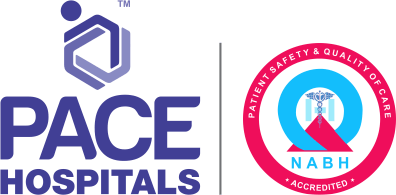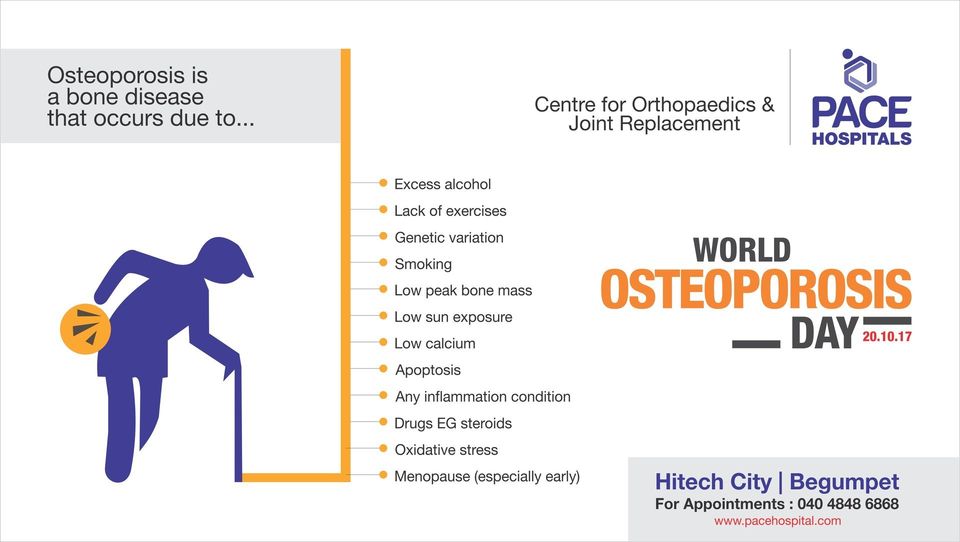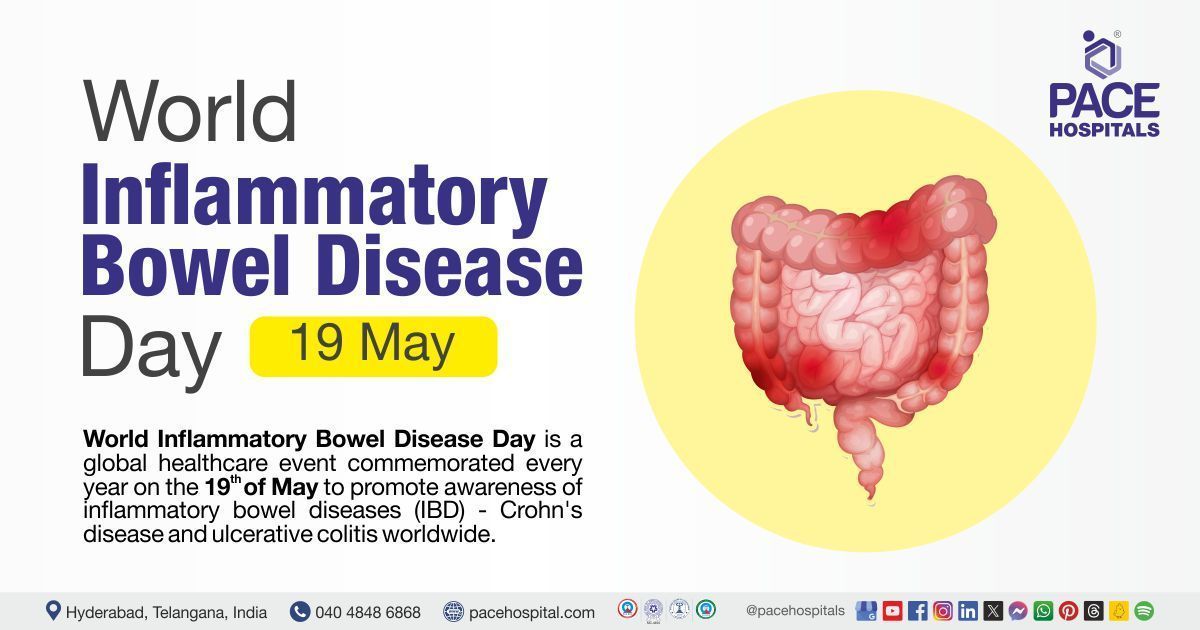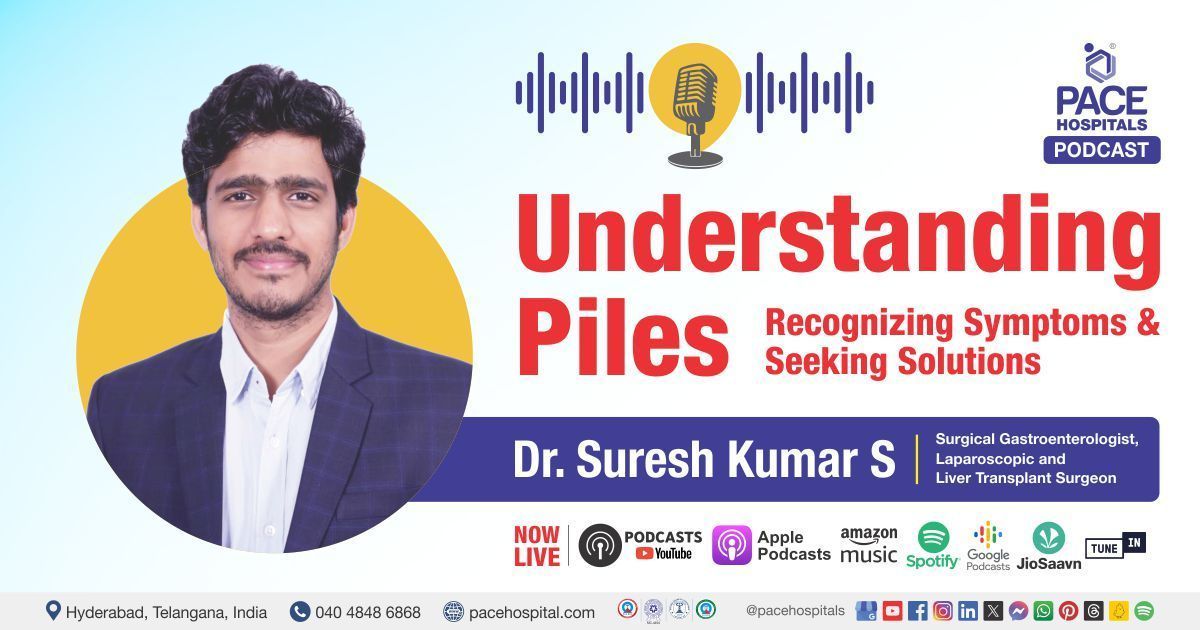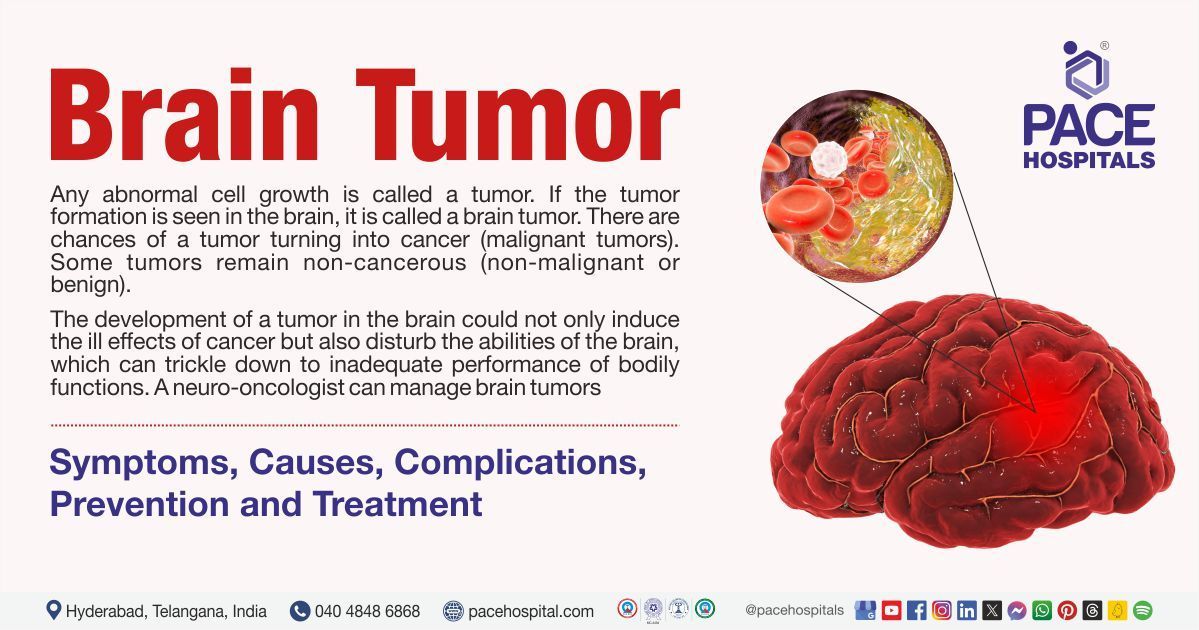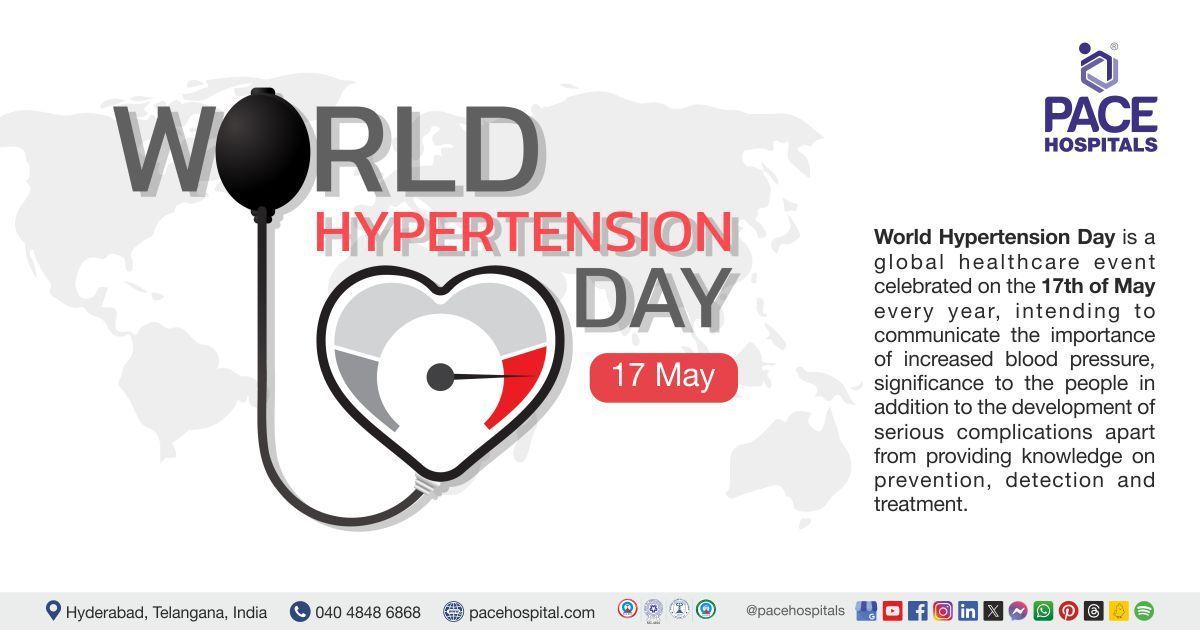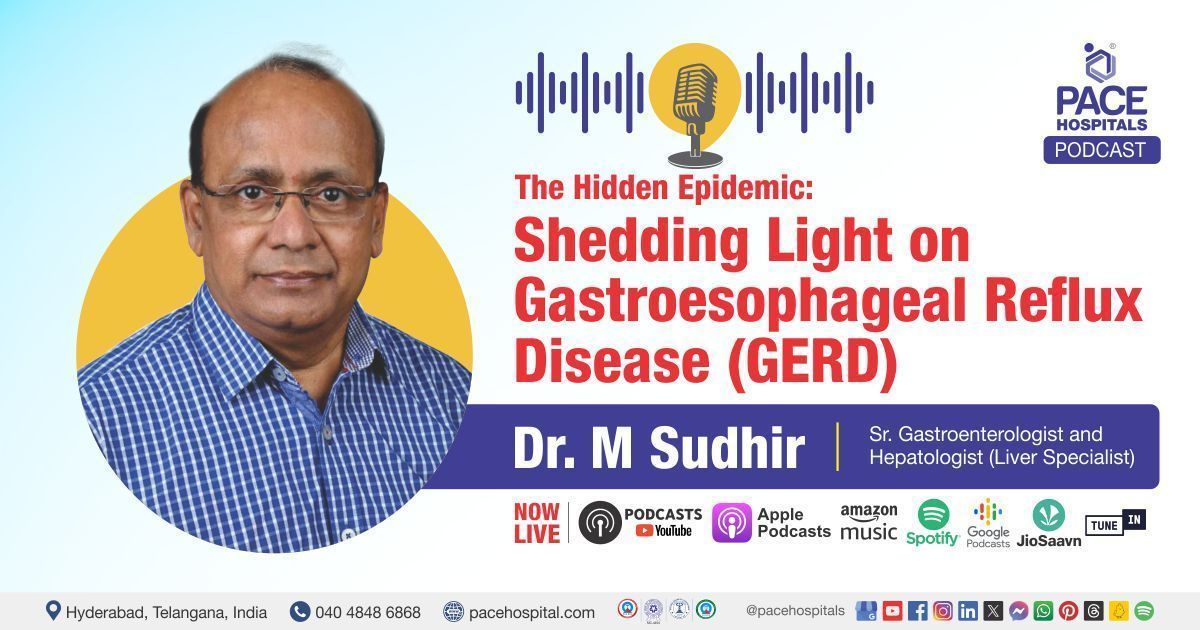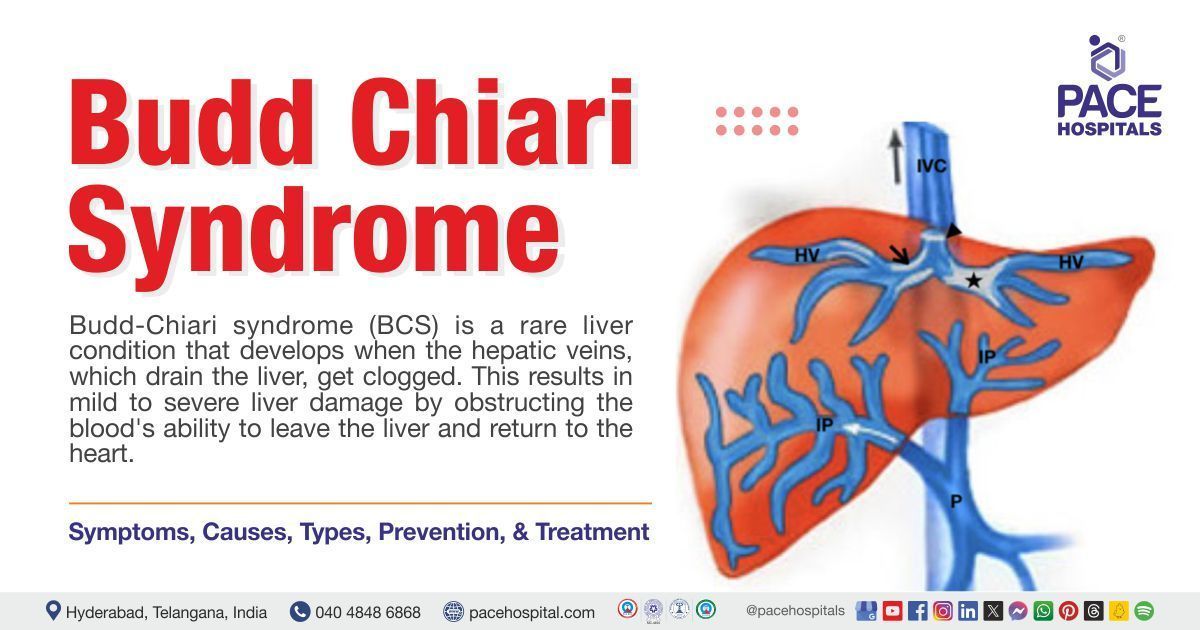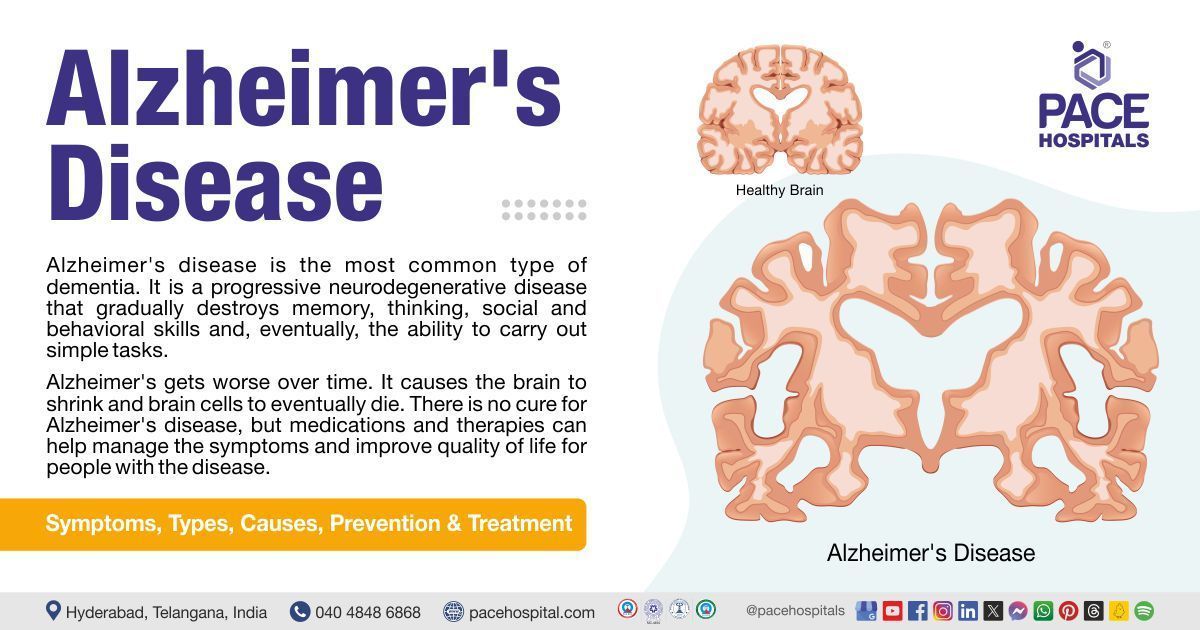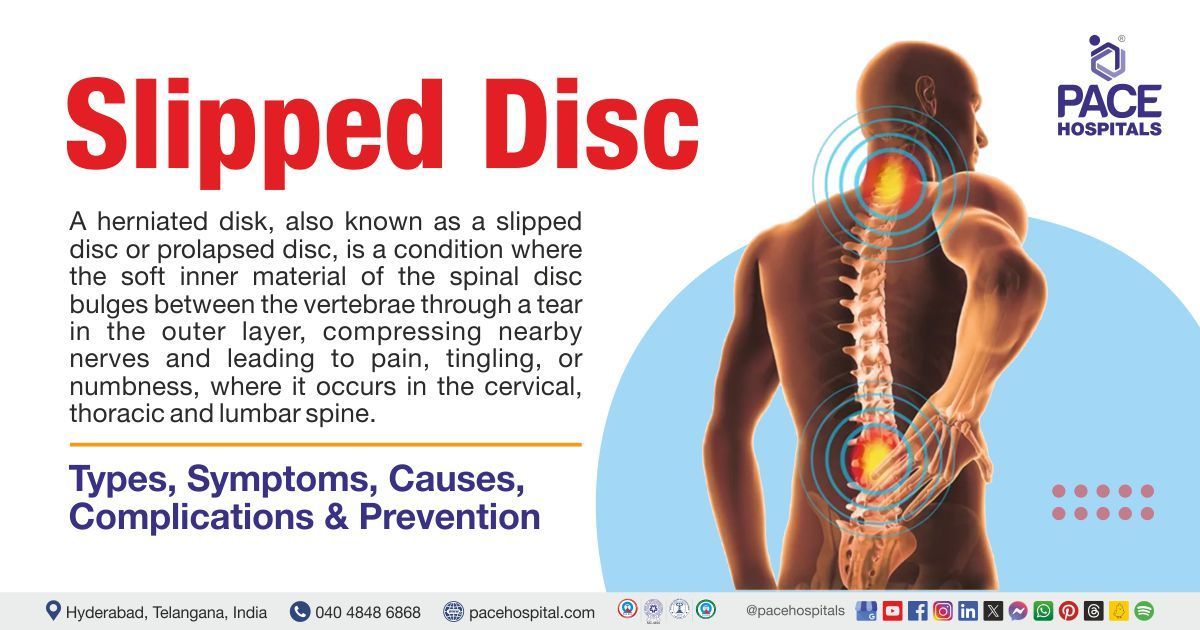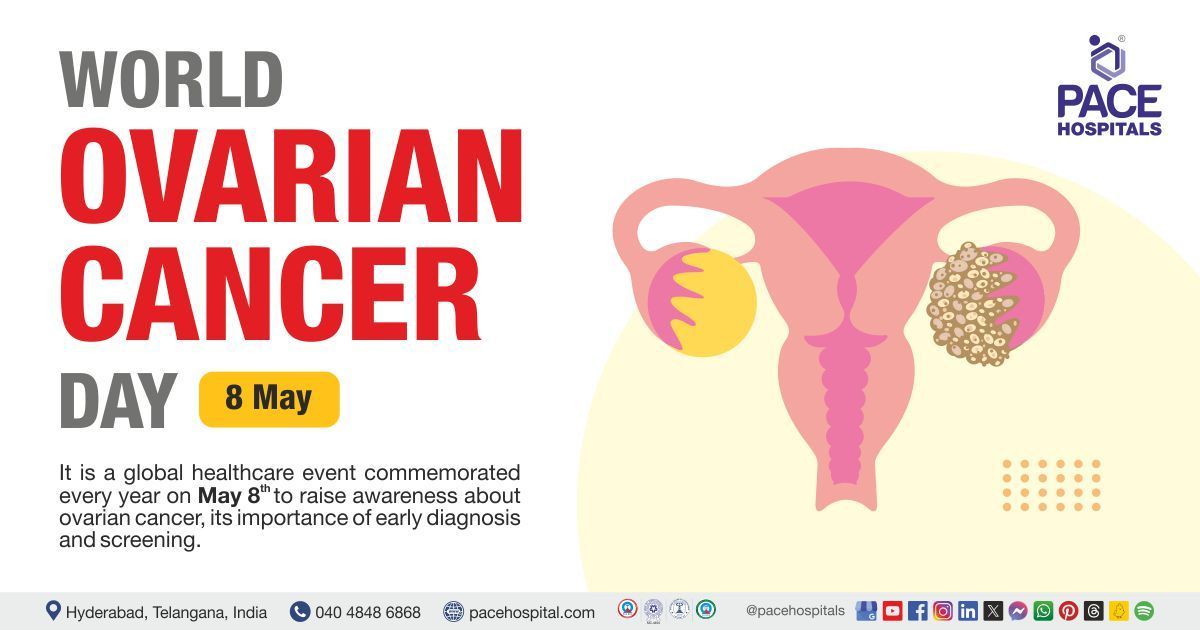Osteoporosis can be prevented
Osteoporosis is a occurs due to decrease in the density of bone, decreasing its strength and resulting in fragile bones. Osteoporosis leads to abnormally porous bone that is compressible, like a sponge. This weakens the bone and results in frequent fractures (breaks) in the bones.
Normal bone is composed of protein, collagen, and calcium, all of which give bone its strength. Bones that are affected by osteoporosis can break (fracture) with relatively minor injury that normally would not cause a bone to fracture. The fracture can be either in the form of cracking (as in a hip fracture) or collapsing (as in a compression fracture of the vertebrae of the spine). The spine, hips, ribs, and wrists are common areas of bone fractures from osteoporosis although osteoporosis-related fractures can occur in almost any skeletal bone.
-------------------------------------------------
Factors that will help developing osteoporosis:
-------------------------------------------------
- Family history of osteoporosis
- Thin and small body frame
- Caucasian or Asian race
- Thin and small body frame
- Personal history of fracture as an adult
- Smoking Cigarette
- Alcohol consumption
- Lack of exercise
- Diet low in calcium
- Poor nutrition and poor general health, especially
associated with chronic inflammation or bowel disease
- Gastrointestinal disorder
- Early menopause or with early surgical removal of both
ovaries
- Low testosterone levels in men
- Chemotherapy that can cause early menopause due to its toxic
effects on the ovaries
- Chronic inflammation, due to chronic inflammatory arthritis
or diseases, such as rheumatoid arthritis or liver diseases
- Immobility, such as after a stroke, or from any condition
that interferes with walking
- Hyperthyroidism, a condition wherein too much thyroid
hormone is produced by the thyroid gland
- When vitamin D is lacking, the body cannot absorb adequate
amounts of calcium from the diet to prevent osteoporosis.
- Certain medications can cause osteoporosis.
-------------------------------------------------
Symptoms and signs
-------------------------------------------------
Osteoporosis can be present without any symptoms for decades because osteoporosis doesn't cause symptoms until bone breaks (fractures). Moreover, some osteoporotic fractures may escape detection for years when they do not cause symptoms. Therefore, patients may not be aware of their osteoporosis until they suffer a painful fracture. The symptom associated with osteoporotic fractures usually is pain; the location of the pain depends on the location of the fracture. The symptoms of osteoporosis in men are similar to the symptoms of osteoporosis in women.
-------------------------------------------------
Osteoporosis consequences
-------------------------------------------------
- Osteoporotic bone fractures are responsible for considerable
pain, decreased quality of life, lost workdays, and disability.
- Up to 30% of patients suffering a hip fracture will require
long-term nursing-home care. Elderly patients can develop pneumonia and blood
clots in the leg veins that can travel to the lungs (pulmonary embolism) due to
prolonged bed rest after the hip fracture.
- Osteoporosis has even been linked with an increased risk of
death. Some 20% of women with a hip fracture will die in the subsequent year as
an indirect result of the fracture.
- In addition, once a person has experienced a spine fracture
due to osteoporosis, he or she is at very high risk of suffering another such
fracture in the near future (next few years).
- About 20% of postmenopausal women who experience a vertebral
fracture will suffer a new vertebral fracture of bone in the following year.
-------------------------------------------------
How to determine bone strength
-------------------------------------------------
Bone mass (bone density) is determined by the amount of bone present in the skeletal structure. Generally, the higher the bone density, the stronger the bones. Bone density is greatly influenced by genetic factors, which in turn are sometimes modified by environmental factors and medications.
-------------------------------------------------
Person should go for bone density testing
-------------------------------------------------
- All postmenopausal women below age 65 who have risk factors
for osteoporosis
- All women aged 65 and older
- Postmenopausal women with fractures, although this is not
mandatory because treatment may well be started regardless of bone density
- Women with any of more than 50 medical conditions associated
with osteoporosis; a primary care physician can scan a patient's list of
medical illnesses to determine if one of these conditions is present (see
causes above)
- Women whose decision to begin treatment for osteoporosis
might be aided by bone density testing to determine the presence or absence of
osteoporosis or osteopenia
-------------------------------------------------
Treatment for osteoporosis
-------------------------------------------------
Although early detection and timely treatment of osteoporosis can substantially decrease the risk of future fractures, none of the available treatments for osteoporosis are complete cures. Therefore, prevention of osteoporosis is as important as treatment.
- Quitting cigarette smoking
- Curtailing excessive alcohol intake
- Exercising regularly
- Consuming a balanced diet with adequate calcium and vitamin
D
- Medications that stop bone loss and increase bone strength
The outlook for patients with osteoporosis depends greatly on where fractures occur. Additionally, if treatment is begun when the bone disease is detected early, the outcome is better. Get the expert consultation before going for treatment.
Book an appointment:
Dr Jayini P Rammohen
Consultant Orthopedics, Sports Medicine Specialist and Joint Replacement Surgeon
-------------------------------------------------------
Dr Anand V Agroya
Consultant Orthopedics & Trauma Surgeon, Specialist in Joint Replacement
Request an appointment
Fill in the appointment form or call us instantly to book a confirmed appointment with our super specialist at 04048486868
Appointment request - health articles
Thank you for contacting us. We will get back to you as soon as possible. Kindly save these contact details in your contacts to receive calls and messages:-
Appointment Desk: 04048486868
Whatsapp: 8977889778
Regards,
Pace Hospitals
Hitech City and Madinaguda
Hyderabad, Telangana, India.
Oops, there was an error sending your message. Please try again later. We will get back to you as soon as possible. Kindly save these contact details in your contacts to receive calls and messages:-
Appointment Desk: 04048486868
Whatsapp: 8977889778
Regards,
Pace Hospitals
Hitech City and Madinaguda
Hyderabad, Telangana, India.
Our Locations
Subscribe to our newsletter and stay updated with the latest health information.
By clicking on subscribe now, you accept to receive communications from PACE Hospitals on email, SMS and Whatsapp.
Subscribe to PACE Hospitals News
Thank you for subscribing. Stay updated with the latest health information.
Oops, there was an error. Please try again submitting your details.
-

Payment in advance for treatment (Pay in Indian Rupees)
For Bank Transfer:-
Bank Name: HDFC
Company Name: Pace Hospitals
A/c No.50200028705218
IFSC Code: HDFC0000545
Bank Name: STATE BANK OF INDIA
Company Name: Pace Hospitals
A/c No.62206858997
IFSC Code: SBIN0020299
Scan QR Code by Any Payment App (GPay, Paytm, Phonepe, BHIM, Bank Apps, Amazon, Airtel, Truecaller, Idea, Whatsapp etc)
Call us at 04048486868
ADDRESS
PACE Hospitals
Hitech City : Beside Avasa Hotel, Pillar No. 18, Hyderabad - 500081
Madinaguda: Mythri Nagar, Beside South India Shopping, Madinaguda, Hyderabad - 500050
QUICK LINKS
Disclaimer
General information on healthcare issues is made available by PACE Hospitals through this website (www.pacehospital.com), as well as its other websites and branded social media pages. The text, videos, illustrations, photographs, quoted information, and other materials found on these websites (here by collectively referred to as "Content") are offered for informational purposes only and is neither exhaustive nor complete. Prior to forming a decision in regard to your health, consult your doctor or any another healthcare professional. PACE Hospitals does not have an obligation to update or modify the "Content" or to explain or resolve any inconsistencies therein.
The "Content" from the website of PACE Hospitals or from its branded social media pages might include any adult explicit "Content" which is deemed exclusively medical or health-related and not otherwise. Publishing material or making references to specific sources, such as to any particular therapies, goods, drugs, practises, doctors, nurses, other healthcare professionals, diagnoses or procedures is done purely for informational purposes and does not reflect any endorsement by PACE Hospitals as such.
